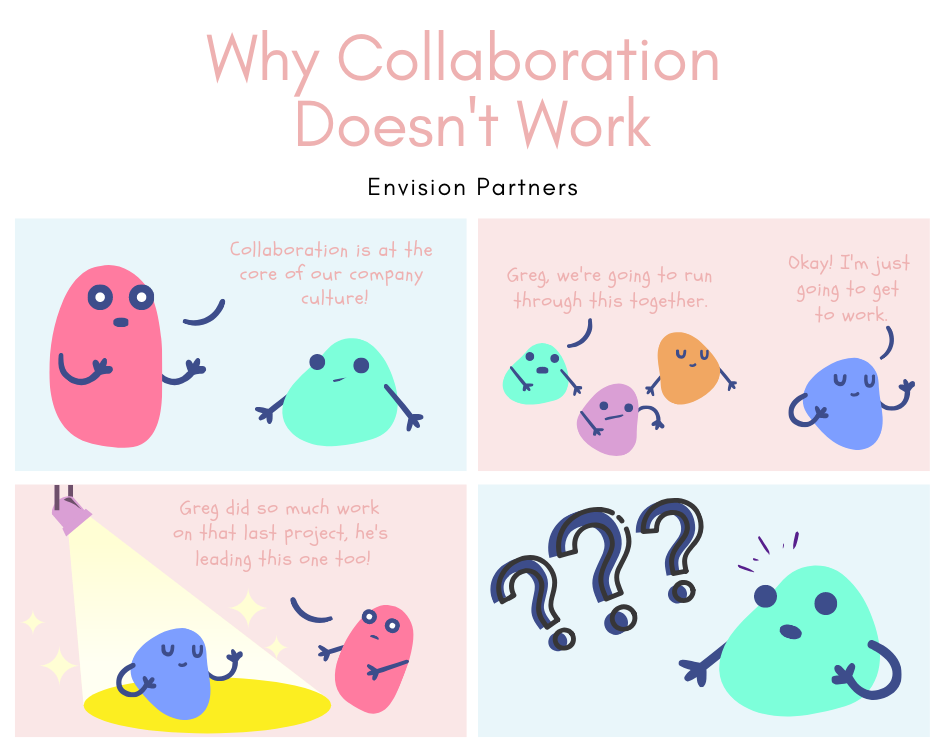The Building Block of Your Organization
Psst… We need your input AGAIN! See the end of the article for more information.
The manager-employee relationship is the building block of an organization. As a good manager, your job is to attract great hires, drive performance, engage and retain employees and maximize the future contributions of employees to the company. Take a look at your job description—its probably not written there. But if you think about the greatest bosses you’ve ever seen or had, it’s because this was their focus.
Multiple studies and huge surveys (SHRM, Gallup) tell us that opportunities for learning and development are more important than any other aspect of a prospective job—yes, even more than money. Because the one-job-one-career era is over, continuous development is essential to building a sustainable career in the modern environment.
Corporate-level HR-driven career management plans just don’t fit today’s workplace model. We also know that formal in-class career development doesn’t work. Employees (and you too) get most of their learning on the job. These learning opportunities come from challenging and developmental assignments, feedback, conversations and mentoring—and your employees are looking for these opportunities from you.
The number one reason employees quit their job is because of a poor quality relationship with their manager. In an exit interview you’ll hear “a better opportunity”. You should hear this as “a better manager” because in that unknown space they see more opportunity to build and grow their career than what you are offering. Would any employee burn that bridge by telling you the truth?
Coaching employees is often an unwritten requirement, but not for long. More companies are finding that the personal relationship is the primary contribution of a manager. When employees feel they have someone at work who cares about them; talks about career progress; encourages development; provides real opportunities for learning and gives feedback there is measurably lower turnover, higher sales, better productivity and increased customer loyalty.
Over the span of a career the best managers are those whose former reports have gone on to do great things. Increased productivity, retention and loyalty are tough to measure in the short term. Over the span of a career, however, we easily recognize those managers whose team members have gone on to make great contributions to the company. These managers are usually the ones for whom the best people wanted to work because they knew this boss spent considerable effort developing their team members.
The manager adds value to the company through other people, not through their individual contribution. A great manager does not ask “How can I get excellence out of my team members?” Their question is “How can I help my team members grow?” This re-focus requires trust that in the skills and ability of the team members.
Here are several ideas to start building a culture focused on learning and development:
Be transparent about conversations taking place at your level of the organization. Share what you know about the challenges and changes in direction of the company. Talk about your problems and let your direct reports offer solutions. Employees want to help good managers to be successful.
Support networking across the organization. Suggest individuals for your reports to meet. Make introductions to your peers and promote their contributions. Within limits, promote taking on a project in some other part of the company.
Have frequent career discussions. Include at least one question about career aspirations, developmental goals in each one-on-one. Familiarity of your employees’ desires makes it easier to spot an appropriate career development opportunity.
Ask employees how they would like to contribute to the team and what they would like to learn about your job. Too many managers do all of the managing and work assignments. This isolated strategy takes way too much time and usually assumptions about employees are wrong.
Have your own network of managers who also believe in the value of the manager-employee relationship. No one expects you to have all the best ideas. Have your own learning and development plan.
Measure your success. While it is admittedly difficult to measure the impact of good management on company profits, don’t let that stop you from trying. Develop a few simple measures like: scoring yourself on recruitment; employee turn-over; or number of career conversations. Use an anonymous survey to ask employees whether or not they feel you provide enough developmental opportunity. And finally, keep track of where your employees go. What contributions are they making down the road? Were they running away from you or can you take any credit for their success?
I’d like to get your feedback on this challenge. Please tell me why people development should not be your primary responsibility.











